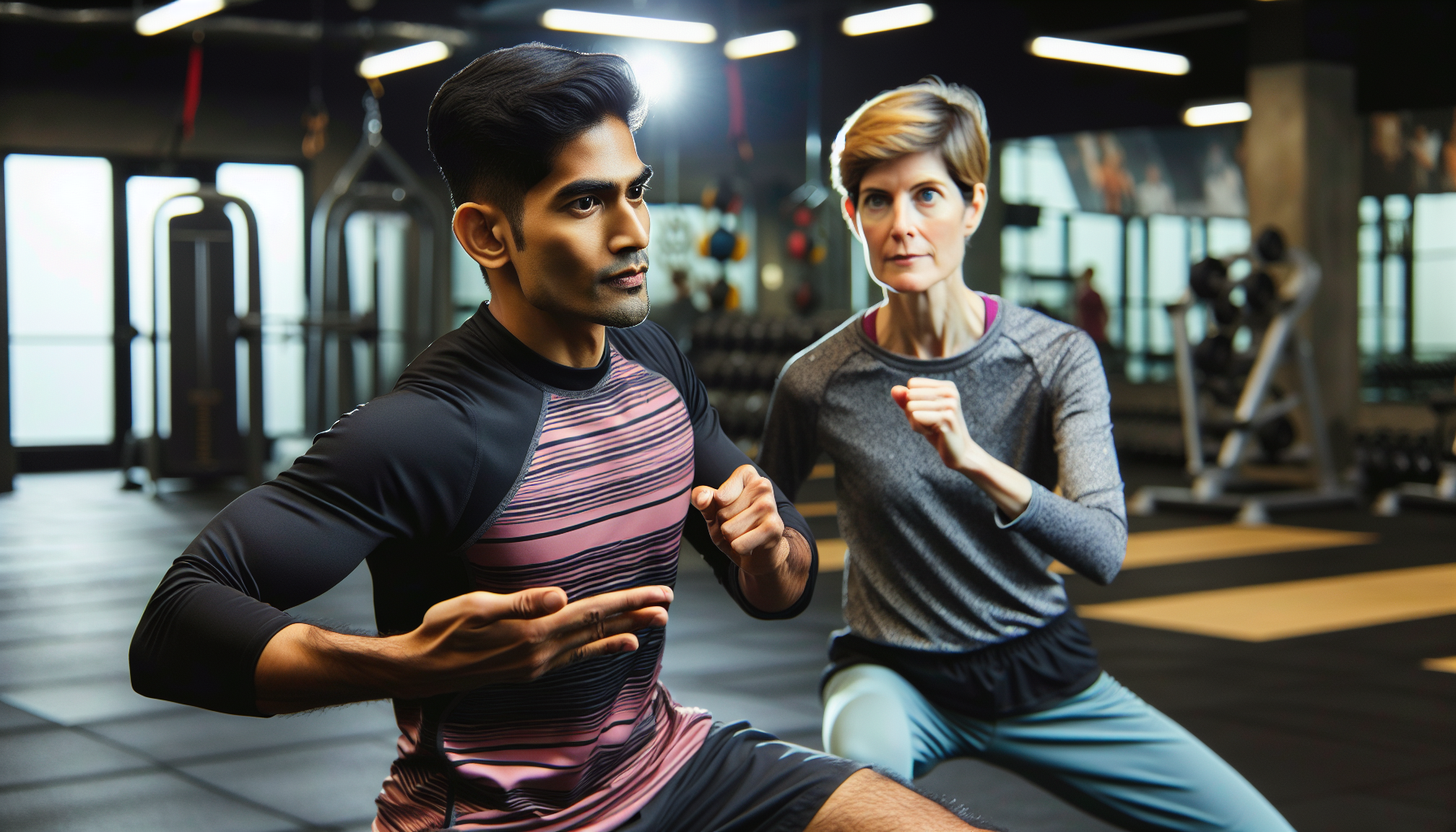Choosing a fitness trainer can be a transformative step in your health and wellness journey. A good trainer can provide you with the guidance, motivation, and expertise needed to achieve your fitness goals. However, with so many options available, it’s essential to select a trainer who is the right fit for your personal needs and preferences. This comprehensive article will guide you through the process of finding the perfect fitness trainer to help you reach your full potential.
Understanding Your Fitness Goals
Before you start looking for a fitness trainer, it’s crucial to have a clear understanding of your fitness goals. Are you aiming to lose weight, build muscle, improve cardiovascular health, or prepare for a specific event? Your goals will significantly influence the type of trainer you need. For example, if cardiovascular health is a priority, you might benefit from a trainer with specific expertise in cardiovascular health exercises and training.
Credentials and Specializations
A trainer’s qualifications are a key factor in ensuring they have the necessary knowledge and skills. Look for certifications from reputable organizations such as the American Council on Exercise (ACE) or the National Academy of Sports Medicine (NASM). Additionally, trainers may have specializations in certain areas, like strength training, yoga, or sports conditioning, which could align with your interests. It’s beneficial to find a trainer whose area of expertise matches your fitness targets.
Experience and Track Record
Experience is an invaluable asset in a fitness trainer. An experienced trainer has likely worked with clients of various fitness levels and can adapt their coaching style to your unique needs. Don’t hesitate to ask for testimonials or success stories from previous clients. You can also check for reviews or ratings on platforms such as Google or Yelp to gauge the trainer’s reputation.
Compatibility and Communication Style
The personal connection you have with your trainer is essential for a successful fitness journey. You’ll be spending a lot of time with them, so it’s important that your personalities mesh well. Consider their communication style—is it encouraging and motivational, or more direct and no-nonsense? The right approach will keep you engaged and committed to your training program.
Training Philosophy and Methods
Every trainer has a unique approach to fitness. Some may emphasize functional movements that prepare you for everyday activities, similar to the principles discussed in the article Functional Strength Training for Better Quality of Life. Others might focus on high-intensity interval training (HIIT), as highlighted in the benefits described in The Benefits of High-Intensity Interval Training. Discuss training philosophies with potential trainers to ensure their methods align with your preferences and needs.
Location and Availability
The convenience of training sessions is a practical consideration. A conveniently located gym or training facility reduces barriers to maintaining a consistent workout schedule. Furthermore, ensure the trainer’s availability matches yours to avoid scheduling conflicts. Some trainers may also offer online coaching, which can provide greater flexibility.
Cost and Investment
Personal training can be an investment in your health. Prices can vary widely based on the trainer’s experience, the location, and the length and frequency of sessions. Determine your budget beforehand and discuss pricing structures with potential trainers. Some may offer package deals or reduced rates for group sessions.
Assessing Progress and Making Adjustments
A skilled trainer will not only provide workouts but also track your progress and adjust your training program as needed. This might involve setting benchmarks and conducting regular assessments to ensure you are on track to meet your goals, as suggested in the article How to Measure Fitness Progress Effectively.
Continuing Education
The best trainers are committed to lifelong learning and staying up-to-date with the latest fitness research and techniques. Inquire about any recent workshops or courses they’ve completed, as this can be an indication of their dedication to their profession.
Asking the Right Questions
When interviewing potential trainers, ask specific questions such as:
- What is your fitness philosophy?
- Can you give examples of how you’ve helped clients with similar goals to mine?
- How do you stay current with health and fitness research?
- What’s your approach to nutrition and diet?
- How do you handle missed sessions or cancellations?
External Resources
To further inform your decision, consult niche resources that provide insights into personal training:
- IDEA Health & Fitness Association offers a comprehensive directory of certified fitness professionals.
- Trainerize provides a platform for finding online personal trainers and tracking your fitness journey.
- Precision Nutrition offers resources on the nutritional aspect of fitness, which is critical to consider when working with a trainer.
Trial Sessions
Many trainers offer a complimentary trial session. This is an excellent opportunity to experience their training style firsthand and determine if it’s the right fit for you. Use this session to ask questions, understand their coaching style, and see how you interact.
Decision Time
After considering all factors and possibly trying out a few trainers, it’s time to make your decision. Trust your instincts and choose the trainer you feel most comfortable with and who you believe will help you achieve your fitness aspirations.
In conclusion, choosing a fitness trainer is a personal and impactful decision. By taking the time to consider your goals, doing your research, and asking the right questions, you’ll be well on your way to finding a fitness trainer who can guide you towards a healthier and more active lifestyle. Remember, the right trainer is not just a coach, but a partner in your fitness journey.



